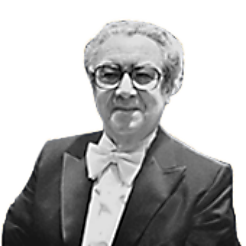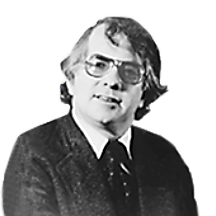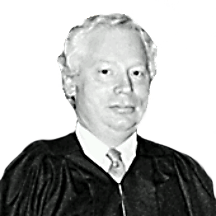Sheldon Glashow was born in New York in 1932. He studied physics at Cornell University and at Harvard University, where he obtained his Ph.D. in 1959. Subsequently, Glashow was appointed Head of the Harvard University Physics Department.
In 1979, Glashow was awarded the Nobel Prize in Physics together with Weinberg and Abdus-Salam “for their contribution to the theory of the unified weak and electromagnetic interaction between elementary particles including, inter alia, the prediction of the weak neutral current”.
Glashow had many achievements in the field of elementary particles, but the Nobel Prize was awarded to him for what was considered his most outstanding contribution: the unification of the weak interaction and the electromagnetic interaction. Until this discovery, physics described the universe by means of four forces: gravitation, electromagnetic interactions, strong interactions and weak interactions. Glashow showed that the weak and the electromagnetic interactions are different aspects of the same whole.
It can thus be said that Glashow brought physics a step closer to its ultimate goal – a Unified theory of all forces acting in nature.
made a major contribution to our understanding of the forces acting in nature.





